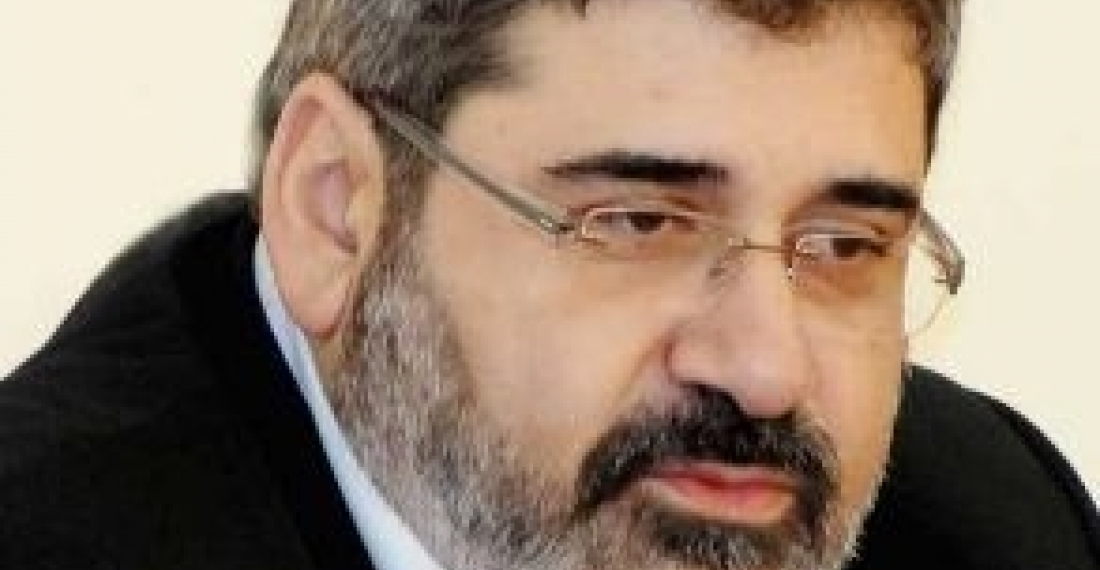Within the coming 2 years there will be no progress in the Karabakh peace process, Kiro Manoyan, ARFD Bureau Hay Dat and Political Affairs Office. Said in a press conference, Thursday.
Manoyan explains his forecasts with the upcoming elections in the conflicting countries and the OSCE MG co-chair-countries. Those countries will be focusing on their domestic political process rather than foreign political issues. "Within the coming 2 years the mediators will be exerting efforts just not to allow resumption of military actions in Karabakh. No political decision will be adopted on the given problem," he said. Resumption of Azerbaijan's aggression against NKR will seriously affect the economic projects in the region and the entire system supplying the West with Azerbaijani hydrocarbons will be paralyzed.
Commenting on the last ceasefire breach by Azerbaijan on the line of contact that resulted in death of 2 Armenian soldiers, Manoyan said that such actions may lead to small clashes, but not large-scale military actions. At the same time, Manoyan said, he cannot but trust in the promise of the Armenian Armed Forces' leadership to take tough retaliatory actions in response to any display of aggression by Azerbaiajn.







